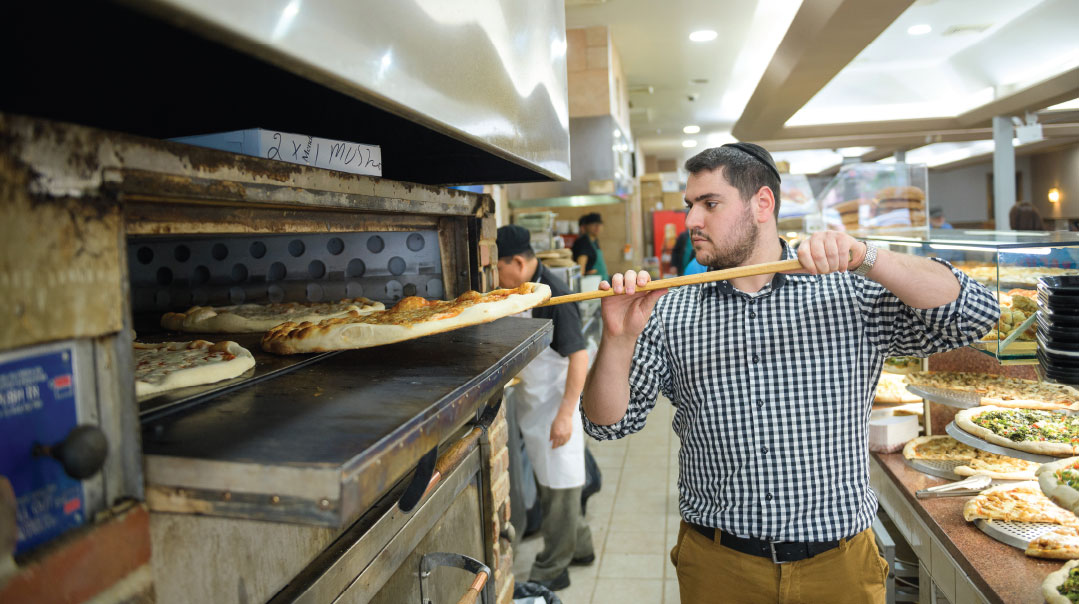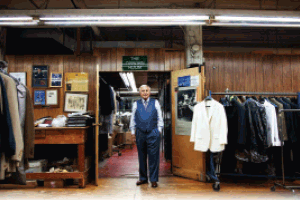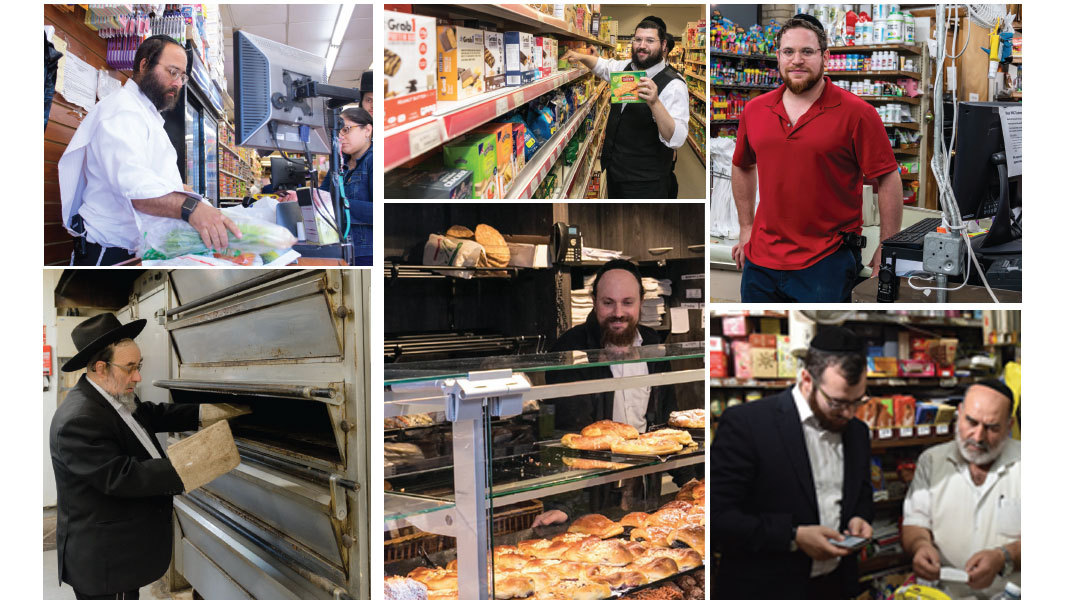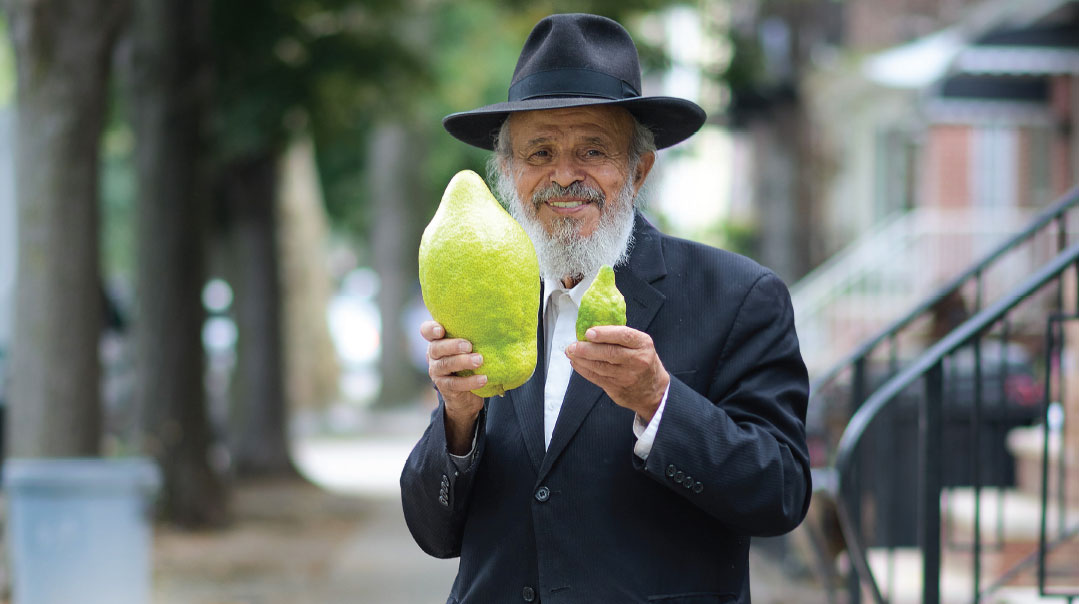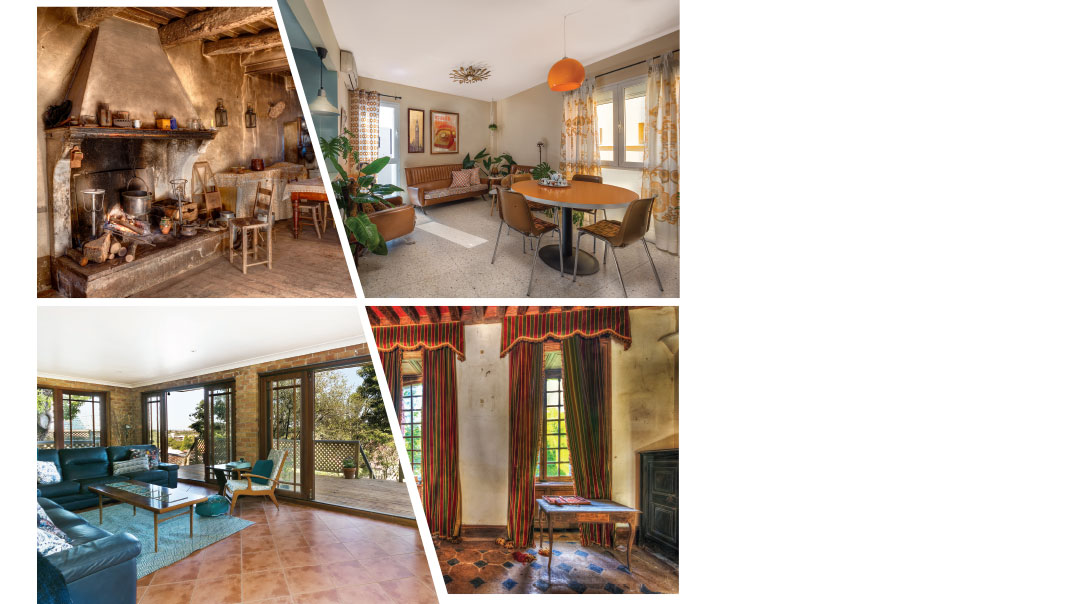The Friends We Keep


D
o you ever read self-help articles extolling the importance of me-time and having a strong network of female friends and wonder, When? How?
If so, you’re very normal.
One casualty of the frenetic schedules many of us keep, and of a community culture that doesn’t put pursuing hobbies or attending cocktail parties on a pedestal, is that we have progressively less and less time to nurture the friendships outside of our closest family, neighborhood, and professional circles. Research indicates that developing deep friendships requires significant doses of time spent in proximity, shared experiences, and a setting that encourages vulnerability. (High school, anyone?)
But as women, we crave connection, and the thought of blocking off an hour or two to put aside thoughts of laundry and work and simply spend time with another person is tantalizing. Nearly everyone we spoke to wished she had more opportunities to do it.
To explore our ability to connect with new people, Family First matched up four pairs of women from a cross section of frum society. Each pair was carefully selected to be different enough to challenge each other, but with enough similarity that they could find common ground.
We hoped our experiment could provide some insight into the fabric of our friendships: By broadening their horizons, would new friendships sprout? Would being pushed out of their natural social spheres help women find new soul sisters? Which differences pose obstacles to enduring friendships, and which don’t matter? Is adulthood too late to build enduring friendships?
Armed with little more than each other’s names and phone numbers, plus a $100 budget from Family First, our intrepid adventurers reached out to women they knew nothing about. Here’s what happened:
Their life experiences may be vastly different, but Rivka, a chassidic great-grandmother and teacher from Boro Park, and Miri, a 30-something health professional from Flatbush, share common passions for education, Jewish learning, and language.
The pair’s unhesitating enthusiasm for the concept boded well for the success of their date... but would their shared interests be enough to bridge their differences in background?
Miri: If I were an ice cream flavor, I’d be vanilla with a crunch — I look almost boringly normal, but have a zany edge. The friends I gravitate toward are funny, quirky, slightly out-of-the-box independent thinkers. In high school, I was the academic teacher’s-pet-type who was expected to be friends with all the “good girls,” and I kind of rebelled against that, making friends with lots of edgier sorts.
Rivka: I also have friends who run the gamut. I teach high school and college-level literature and am active in Tomchei Shabbos, so between coworkers, neighbors, and people I meet in the country for the summer, I have friends of all ages. Meeting someone from a different background wasn’t out of the ordinary for me, but I was looking forward to it.
(Excerpted from Family First, Issue 639)
Oops! We could not locate your form.







